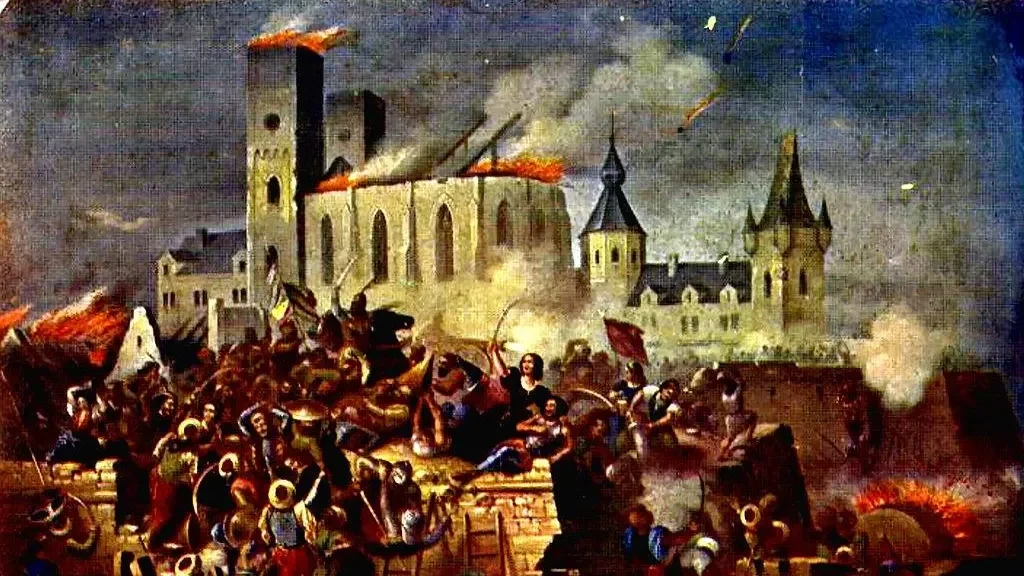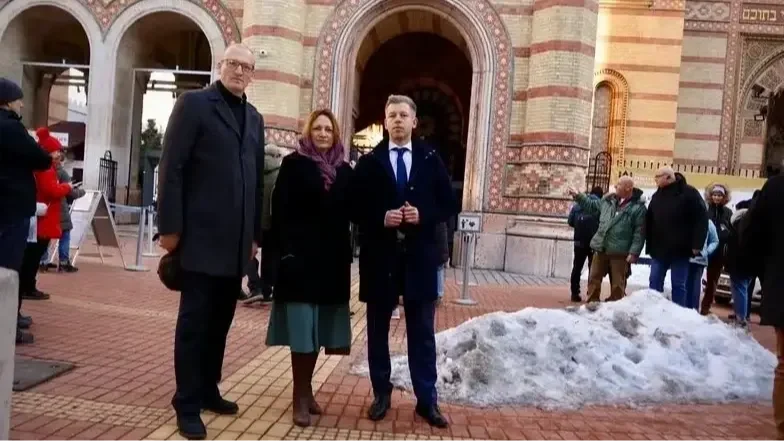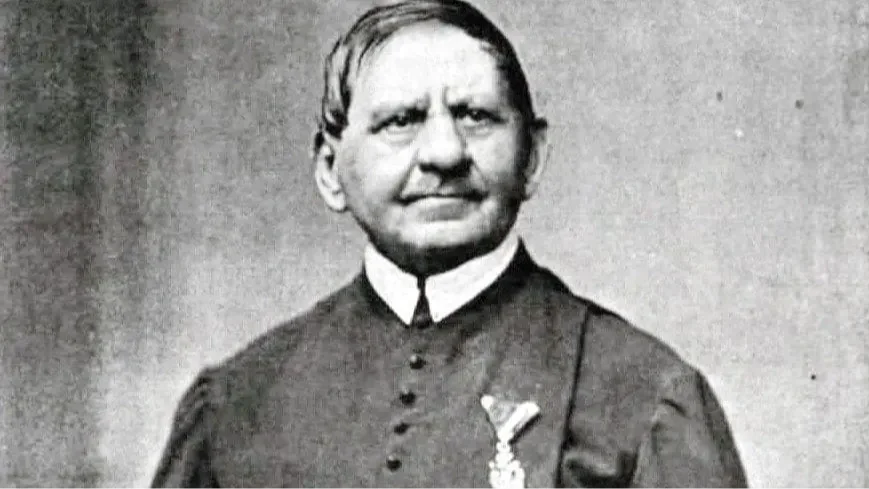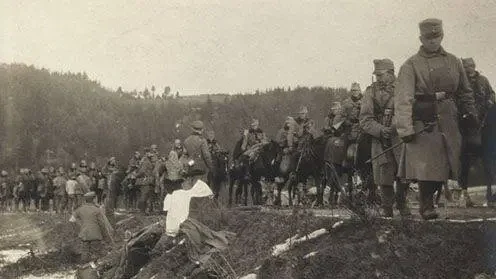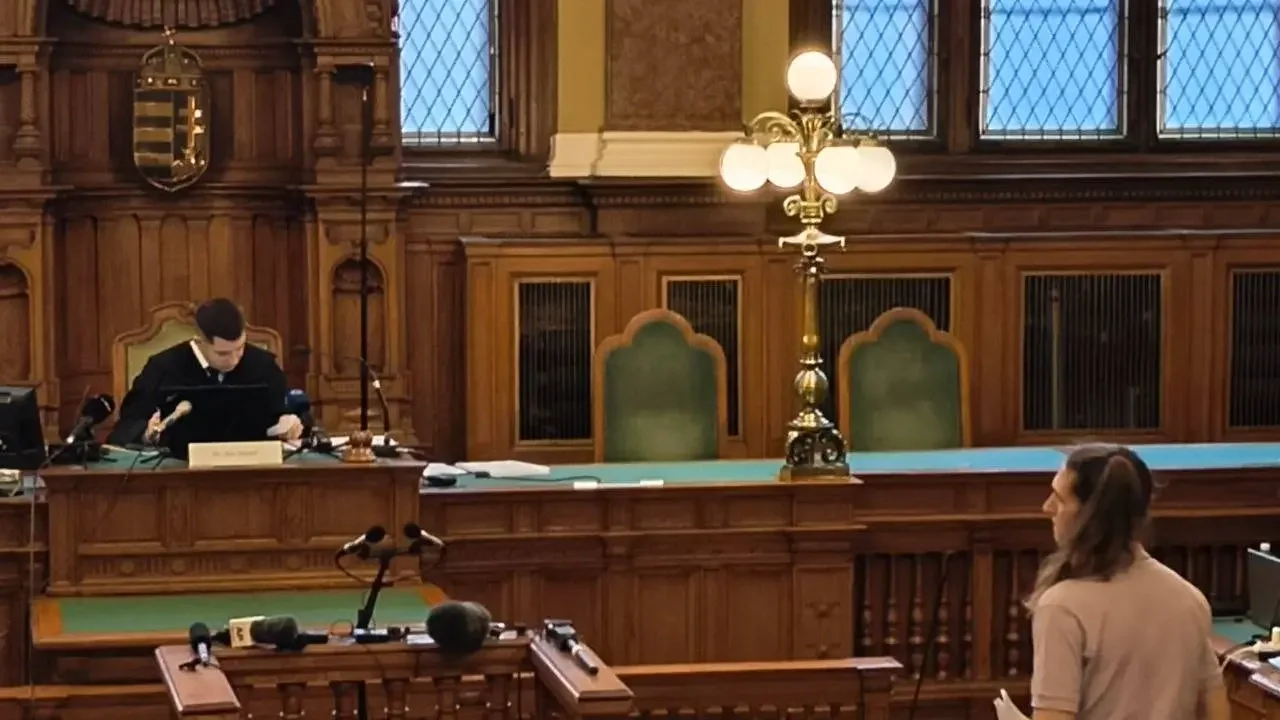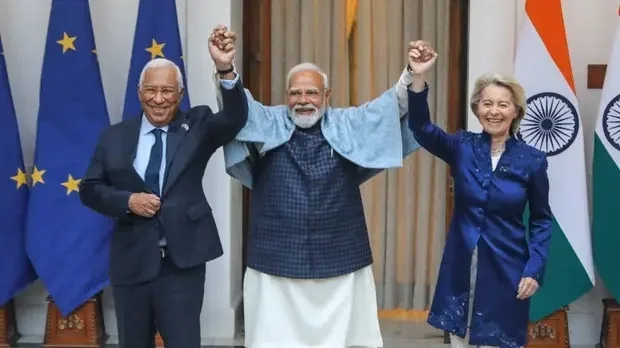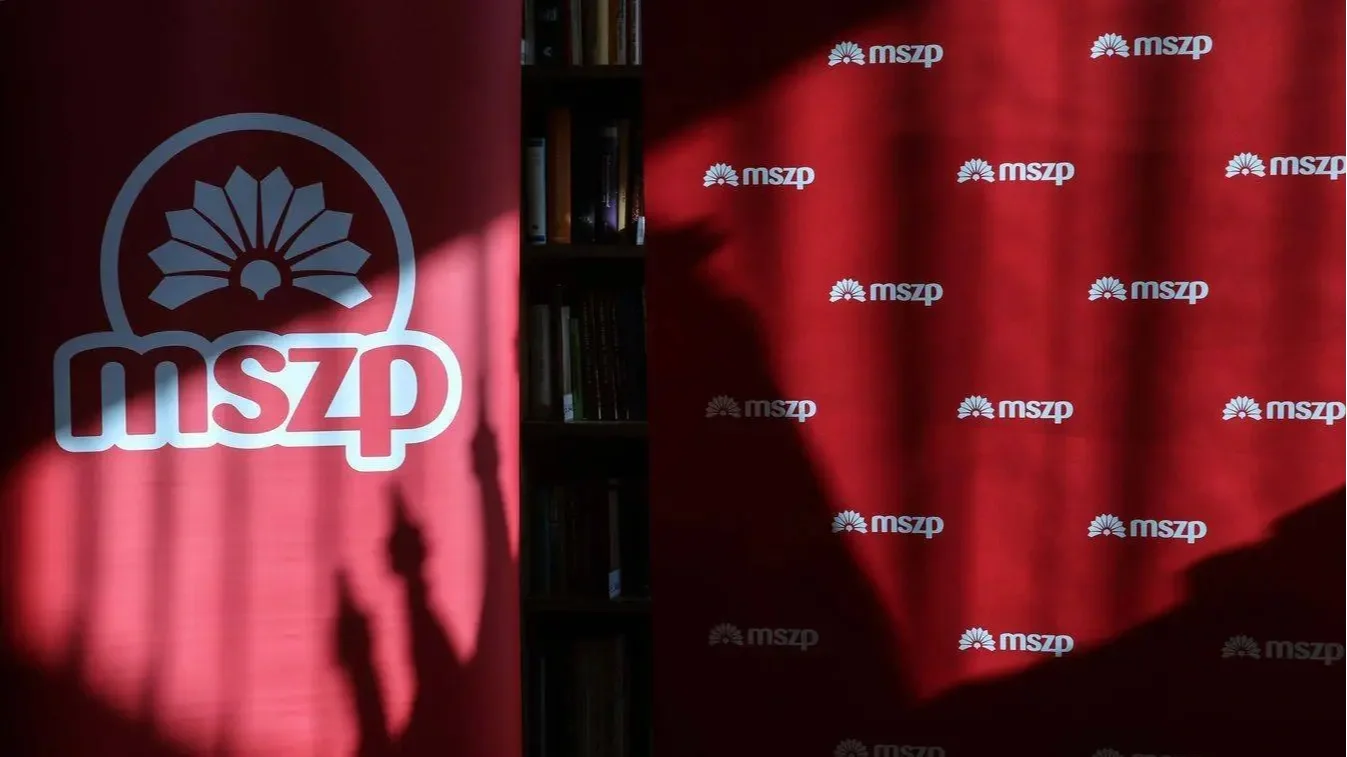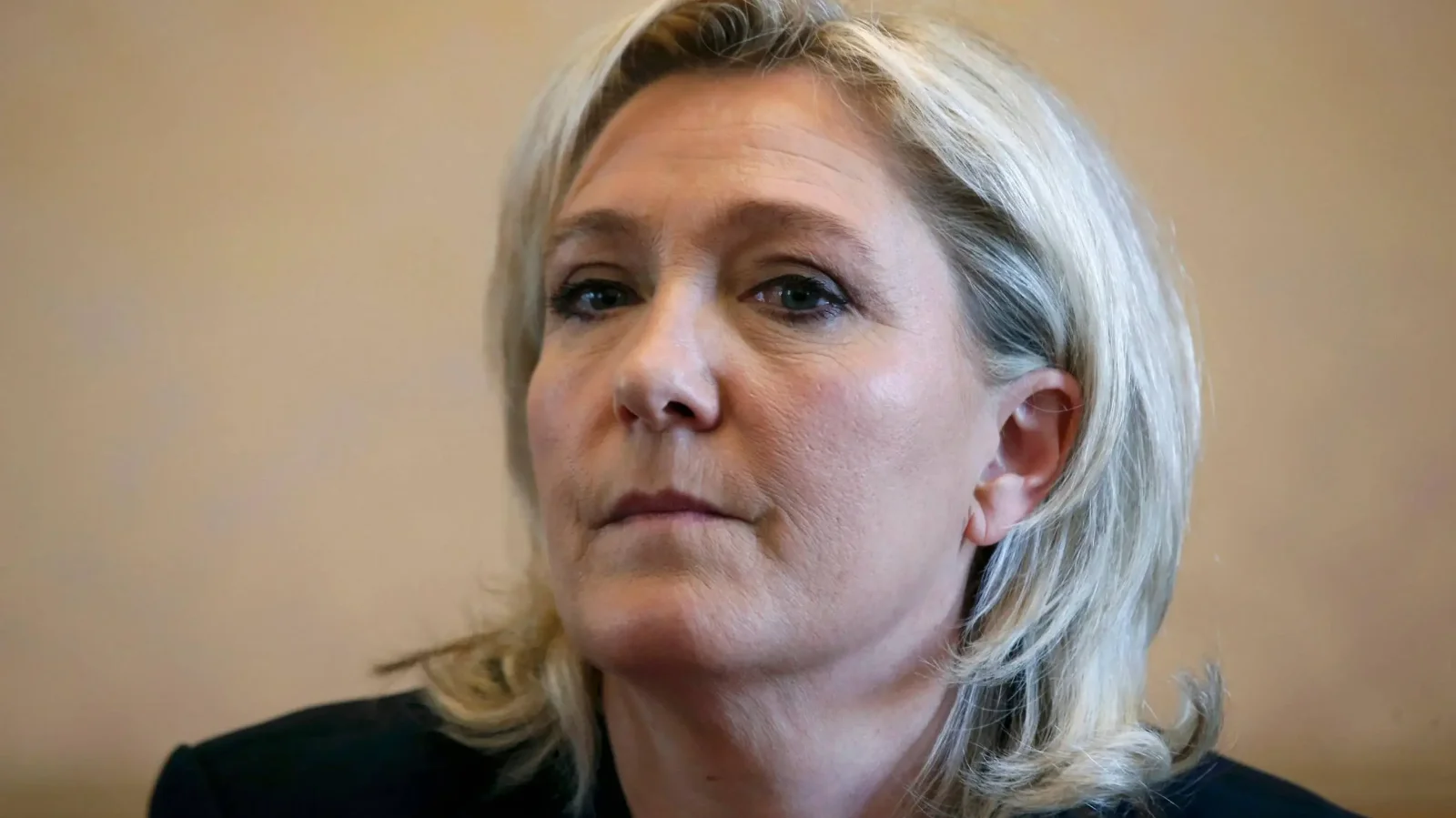The Failure of National Radicalism
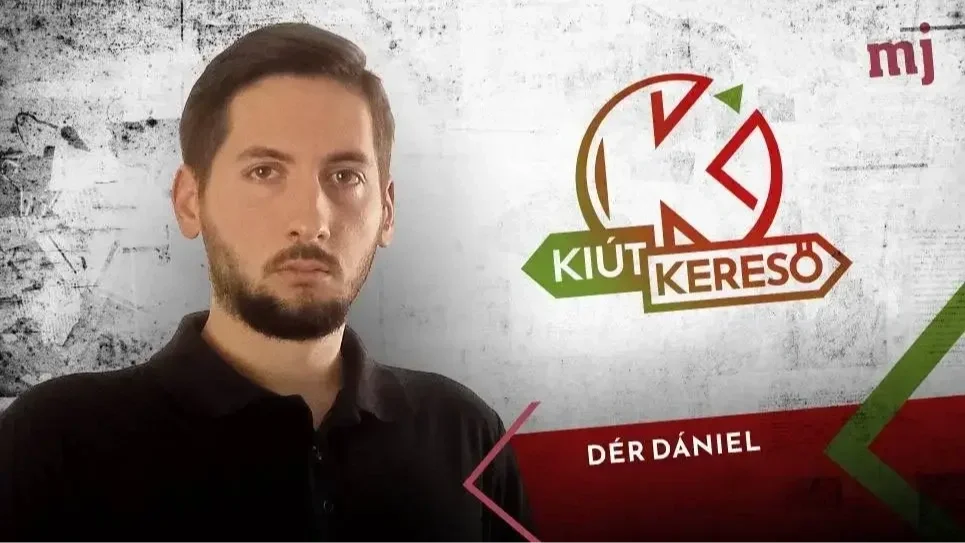
Translation of an article originally published in Hungarian by Magyar Jelen on June 17, 2025 by Dániel Dér.
In the "Searching for a Way Out" column of Magyar Jelen, Dániel Dér, a politician from Mi Hazánk Ifjai (Our Homeland Youth), expresses his thoughts on the greatest failure of national radicalism.
No major political force that brings change could have existed without a solid theoretical background developed over a long time. Whatever we may think of them, the Communists excelled at this, since their ideas matured for more than sixty years after the publication of the Communist Manifesto before they came to power in Russia. Moreover, they were able to demonstrate more than a century of indirect historical and intellectual continuity, starting from the French Revolution.
This theoretical foundation doesn't seem like much when you think about it. They had to communicate a completely different worldview and way of life to tens of thousands of people, in opposition to the traditional order. From an objective standpoint, it's impressive how a handful of intellectually committed groups used the power of ideas to bring tens of thousands, including many young people, to their cause.
Everyone knows the big names: Marx, Engels, Lenin. Those with a bit more knowledge might also recognize Bernstein, Kautsky, Luxemburg, Chernyshevsky, or Gramsci. The latter, incidentally, is a favorite of Békés Márton, one of the heads of the Fidesz court circle, who even wrote a book on cultural warfare based on his works (Editor’s note: Békés Márton is a Hungarian political analyst and close advisor to Viktor Orbán). The list is almost endless, since extensive intellectual work was considered a basic operating condition in the Communist movement. From dozens of theorists to hundreds of simple publicists, everyone worked to popularize and perfect political thought in their own way.
I want to point out here that it was no accident the illegal Communist movement had so many young members. The intellectually buzzing environment naturally drew in university students who were always hungry for ideas, looking for their own voice and new concepts. They then joined the work themselves, providing even more ammunition for communism’s theoretical rifle barrel. Without all those writings and publications, communism would never have reached the point where it could take control of half the world at one point in our history. The youth hungry for knowledge and action will always be claimed in the long run by whoever can satisfy their intellectual desires. These young people will then become the best political fighters.
Another very important aspect of intellectual work is that it has an inspiring effect on one’s own camp. The constant flow of ideas encourages the reader to think more, and it better forges the community together since it channels the diverse ideas of many “isolated” minds toward a common direction. In the long run, this results in a much more unified, stronger, and better prepared camp.
The Greatest Failure of National Radicalism
Now let’s turn to the most essential question: why is this important for us?
National radicalism has been postponing the work of building an intellectual foundation since the regime change (Editor's note: the managed transition from open dictatorship to a more sophisticated form of control, where the former communists rebranded themselves as democrats and kept their hands on the levers of power). While there are different currents within it, this delay is more a constraint imposed by circumstances than a conscious choice, since extensive self-definition is still missing to this day. Let the dear reader try to list at least three living and writing thinkers from our camp, or perhaps five known publicists. This absence isn’t noticeable in everyday life, of course, since the sun will rise tomorrow just the same regardless of whether intellectual works are being born in our camp or not. But in the long run, this specter will always hang over us if there is no change.
The more developed the theory, the stronger the community becomes, since the foundation present in every member, that they belong here, is supplemented and strengthened by the unified intellectual environment as well.
Self-definition, as such, is one of the greatest weapons in politics. Whoever has the power to determine who they are and who the enemy is controls the narrative. Whoever lets this slip from their hands essentially allows their enemies to define them. None of us can want this.
This is also a prerequisite for political development. If we can create sufficient self-justifying grounds not only in words but also in writing, we can provide a strong starting point for our actions at any given time.
Theory also has persuasive power toward outsiders. It’s understandable if someone who shares the same values eventually joins us, but what about those who think differently? What will convince them? Are we perhaps waiting for some magic spell to suddenly change their thinking? They can only be won over if we fight the necessary intellectual battle. If we build such a broad intellectual arsenal that any interested person can access, it will significantly strengthen our position in public life and public thinking in the long run. As I mentioned earlier, it can also have a decidedly inspiring effect on ourselves.
That is enough for an introduction for now. The topic I’ve raised here is too long and important to cover fully in a single article, but I want to recommend a few guidelines for the reader’s attention—areas where we must begin moving forward if we truly want to win the intellectual front as well:
- Self-definition of national radicalism
- Political theory-making for action at any given time
- Processing, explaining, and further developing the works of thinkers compatible with national radicalism
Theoretical work comes to practice like water to a flower. We can admire our plant only when we have nourished it properly so it can bloom. Daily activism is indispensable, but the effect we want to achieve among the broad masses can only happen through the mind.
“On the doctrinal level, the trouble with counterrevolutionaries (meaning people who profess national and traditional values—the author) is that, before 1789, events did not force them to formulate their own political theories. The revolutionaries, however, were compelled to deepen their analyses and express their hopes, even if they did so in hidden or allegorical language. The counterrevolutionaries had no such troubles because they could draw from the richest material of political literature: Greco-Roman thought, and from the political theory that various authors developed based on the Holy Scripture. After 1789, the only disadvantage was that this material was not considered an up-to-date response to the revolutionary challenge. They stood by it but could not transform it into an arsenal of developed political ideas.”
— Tamás Molnár, The Counter-Revolution (1969), trans. Zoltán Turgonyi, Kairosz, Budapest, 2005
Dániel Dér
Az X- és Telegram-csatornáinkra feliratkozva egyetlen hírről sem maradsz le!Mi a munkánkkal háláljuk meg a megtisztelő figyelmüket és támogatásukat. A Magyarjelen.hu (Magyar Jelen) sem a kormánytól, sem a balliberális, nyíltan globalista ellenzéktől nem függ, ezért mindkét oldalról őszintén tud írni, hírt közölni, oknyomozni, igazságot feltárni.
Támogatás
